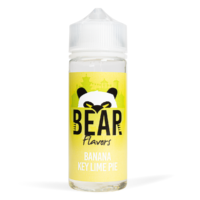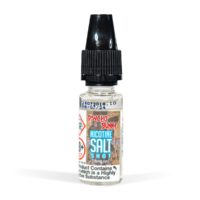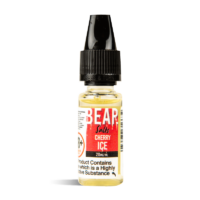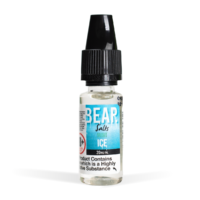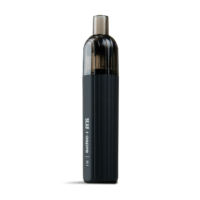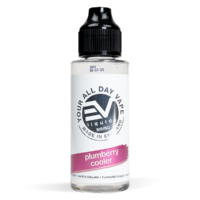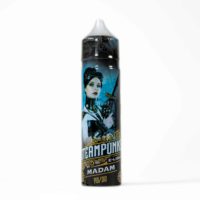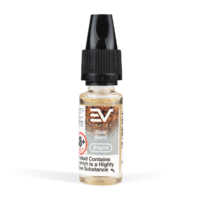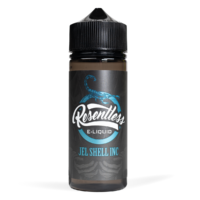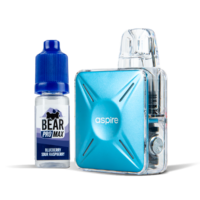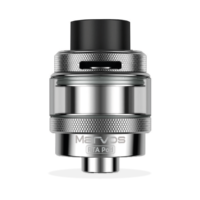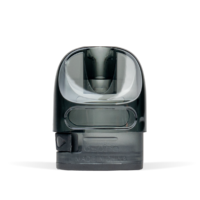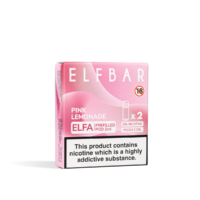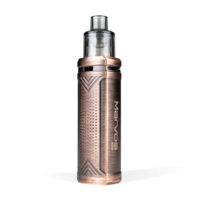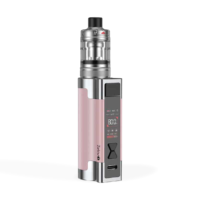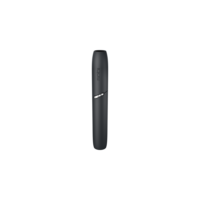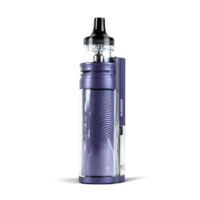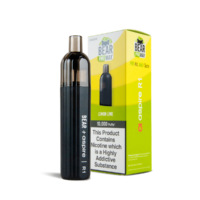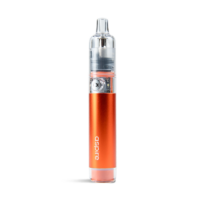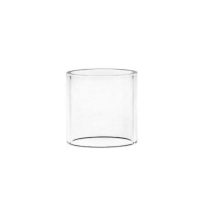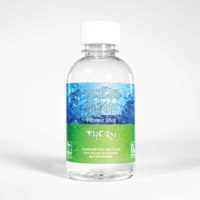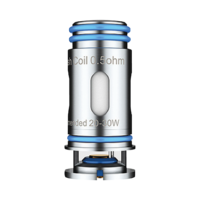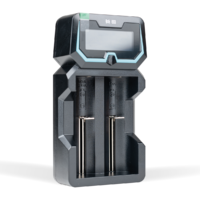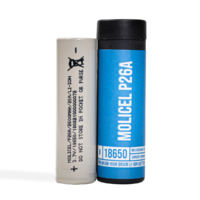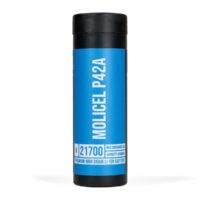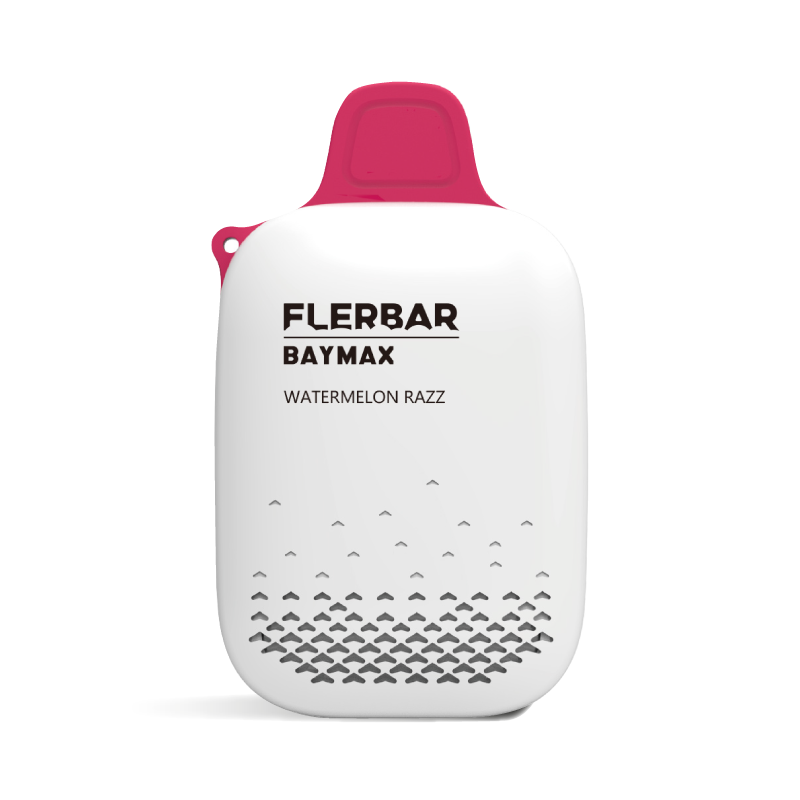
Page 3
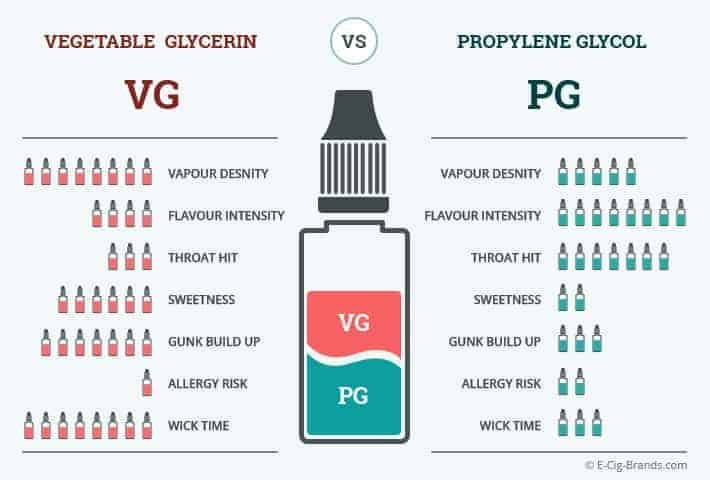
What are VG and PG in vaping?
What are VG and PG and what’s the difference?
VG (vegetable glycerin) and PG (propylene glycol) are the two most common base liquids used in e-liquid, which is the liquid that is vaporised in electronic cigarettes (e-cigarettes). They are used to create the vapor that is inhaled when you use an e-cigarette.
Main differences between VG and PG:
- VG is a thick, sweet liquid that is derived from vegetables. It is a common ingredient in many food and personal care products. VG is known for producing thick, dense vapor and for providing a smooth, sweet taste. It is also less allergic than PG.
- PG is a thin, clear liquid that is used in many products, including food, personal care, and pharmaceuticals. It is known for producing a strong throat hit, which can be appealing to some users who are trying to quit smoking. PG is also known for producing a less dense vapor than VG.

Which is best to use for sub ohm vaping, VG or PG?
It is generally recommended to use e-liquid with a higher VG content for sub ohm vaping, as VG is known for producing thick, dense vapor. Sub ohm vaping involves using an atomiser with a resistance level of less than 1 ohm, which can generate a lot of heat and vapor.
Using a high VG e-liquid can help to produce a smoother vape and can also reduce the risk of dry hits, which are harsh, uncomfortable puffs caused by a lack of e-liquid being vaporised.
That being said, it is ultimately a matter of personal preference, and some users may prefer the stronger throat hit and flavor that can be achieved with a higher PG e-liquid.
It is important to experiment and find the right balance of VG and PG for your own preferences and needs.
What are the most common ratios of VG and PG in e-liquids?
The most common ratios of VG to PG in e-liquid are 50/50, 60/40, and 70/30. A 50/50 ratio is balanced and is a good starting point for most users. A 60/40 ratio is slightly heavier on the VG side, which can produce more vapor but may also slightly reduce the strength of the flavor. A 70/30 ratio is heavier on the VG side and is often used by users who are looking for a smoother vape and more vapor production.
There are also e-liquids available with a higher VG content, such as an 80/20 or 90/10 ratio. These e-liquids can produce even more vapor, but they may also be thicker and more difficult to wick in some atomisers.
It is important to note that the ratio of VG to PG in your e-liquid can affect the performance of your e-cigarette and the overall vaping experience. It can also affect the strength of the flavor and the throat hit. It is generally recommended to experiment with different ratios to find the one that works best for you.




